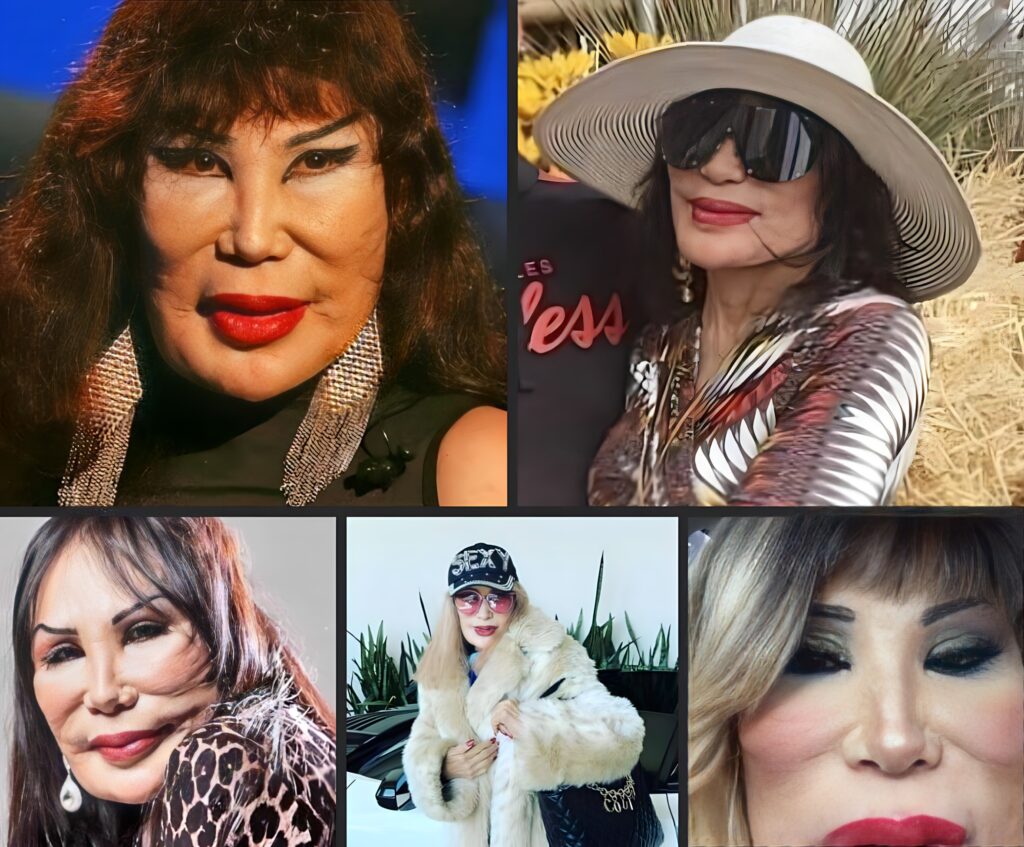
School regulations resonate with all of us, as our memories of that period are often a blend of joy and sorrow. It is a tumultuous phase characterized by both triumphs and challenges.
Certain regulations, like the ban on jewelry during athletic competitions, are justifiable; however, it appears to be a misallocation of resources and overlooks valuable educational moments for the children involved when they are sent home for wearing excessive makeup or for bringing a specific type of soda.
The strict regulations imposed by schools regarding students’ appearances often clash with the times in their lives when they wish to differentiate themselves and showcase their individuality.
These regulations may have been excessive for one mother and her child, potentially hindering an 8-year-old boy’s access to a quality education.
Model scouts are attracted to Farouk James from London, England, due to his striking hair. He has participated in photo shoots in both Italy and New York and is presently working as a child model.
Nevertheless, his appearance has only led to difficulties for him in the classroom; due to the length of his hair, he has faced rejection from multiple schools.
Bonnie Miller, the mother of James, asserts that she was notified about the inadequacy of her older brother’s hair length during his time at school.
Bonnie states that Farouk’s father hails from Ghana, and his parents refrained from cutting his hair until he reached the age of three, in accordance with cultural traditions.

Bonnie stated to CBS News, “At that moment, he was connected to me— and I must admit, I was equally captivated by his beautiful hair.” “We only kept the hair.”
The family lives in the United Kingdom, where most educational institutions enforce a policy that disallows boys from having long hair, despite girls being allowed to do so.
Bonnie asserts that requiring children to cut their hair constitutes a violation of their human rights.
His mother, Bonnie, shared on Instagram, stating, “I will continue to advocate for governments to implement legislation that safeguards children from these antiquated and punitive regulations.”
You dismiss Farok despite the fact that he has committed no wrongdoing. When his friends gain admission to the universities he aspires to attend, he will inevitably have to bid them farewell.
In response to this situation, Bonnie initiated a Change.org petition aimed at prohibiting hair discrimination in the United Kingdom.
Bonnie announced, “We are forming a genuine team, which we have named the Mane Generation.” “We will continue to fight against these regulations until they are changed. This issue extends beyond the United Kingdom; it is a global concern.”
Farouk’s mother manages an Instagram account that showcases his life as a lively young boy and child model, boasting an impressive following of over 250,000 individuals.

Despite the abundant love and support he garners online, they still face a barrage of hate mail. During her appearance on the popular U.K. morning television program “This Morning,” where she spoke about the family’s quest to find a school that would welcome Farouk and his hairstyle, Bonnie reported receiving significant negative feedback.
In May of the previous year, Bonnie expressed her surprise at receiving numerous negative comments regarding Farouk’s hair during mental health week.
Farouk chooses not to maintain long hair at my suggestion; however, it is an inherent characteristic of his, and he refuses to alter it to satisfy anyone’s preferences.
Bonnie argues that the prohibition of braids and dreadlocks in numerous schools indicates that the dress codes for both boys and girls are outdated and, at times, discriminatory.
The mother vows to persist in her efforts to secure acceptance for Farouk, his hair, and all the other children who encounter discrimination for their desire to express their identity and cultural heritage.
Farouk’s hair is a fundamental aspect of his identity, and in 2022, it is unacceptable for individuals responsible for educating our children to dismiss a student based on the color of their hair. Such regulations should be prohibited.





